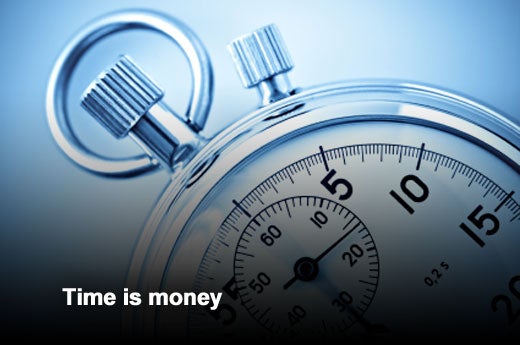Despite all the hype surrounding Big Data, it’s the small data – the customer’s data – that really affects the bottom line. Millennials in the U.S. will respond to brands when they use data specific to them to create a contextualized and personal customer experience, according to a new study by SDL.
The survey findings are featured in SDL’s second report of the “Five Truths for Future Marketers” series, “Your Data Trumps Big Data.” This report examines the need for marketers to analyze customer data above all other data to gain a competitive edge in customer experience management, particularly when marketing to millennials.
Consumers in the millennial generation are increasingly aware of the data that brands are collecting on them, but reactions to this differ around the world. In a global study by SDL, more than 40 percent of millennials in the U.S. could identify the digital data that brands are using to track their behaviors, setting the expectation that marketing touch points should be personalized, contextual and timely.
While this might be unique to brands in the U.S., this data identifies the need for a fair value exchange when it comes to successful customer experience management. However, global data dictates that what consumers find valuable is what should resonate most with brands. In the U.S., brands should give more to get more when it comes to their customers, but they should not take the same approach around the world, as millennials have expressed concerns over the use of their personal information.
Click through for findings from a survey looking at the need to analyze customer data above all other data to gain a competitive edge in customer experience management, conducted by SDL.
Give more to get more
Over half of the respondents in the U.S. (52 percent) have no issue with brands using data to provide a better customer experience.
Privacy over purchase
Globally, millennials had drastically different responses, with only 37 percent of UK millennials in agreement and an even smaller amount of 13 percent agreement recorded in the Netherlands. These findings indicate that personal data should dictate how a brand interacts with millennials if they hope to establish meaningful relationships.
Transparency translates
Sixty percent of U.S. millennials will provide more personal data to a company they trust. If brands are using tracked information to better the customer experience, consumers will see how the data is being used and ultimately begin to trust the motives of the brand – fostering future engagements and ultimately purchases.
Time is money
Additionally, 46 percent of millennials, globally, are willing to provide more data to businesses if it means they aren’t forced to entertain offers that aren’t relevant.
Greater transparency
Brands should practice greater transparency in their marketing efforts to customers, specifically to win over the millennial generation. Showing consumers how the data is being handled and using it to offer them more, will lead to brand loyalty, in the U.S., in the long run.
But more importantly, brands need to keep in mind that millennials across the globe do not share the same viewpoints and therefore must tailor their marketing strategies to reflect this. As the research indicates, Big Data means nothing when it comes to strategy and engagement – it is the consumer data that tells all.








